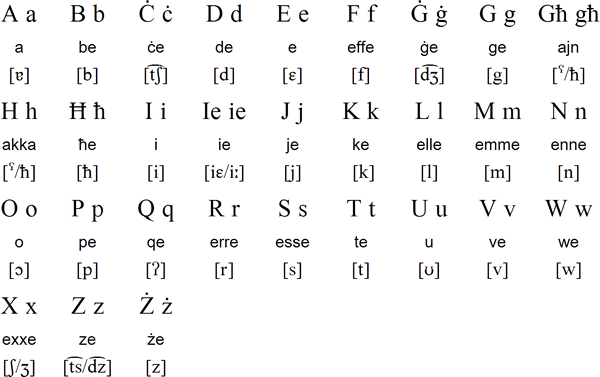Welcome to Malta: Where History Meets Sun and Fun
Malta, a charming island nation nestled in the heart of the Mediterranean, offers more than just breathtaking beaches and sunny skies. With three UNESCO World Heritage Sites, a vibrant nightlife, and endless opportunities for adventure, Malta is truly a paradise for students and travelers alike. Imagine soaking up the sun while exploring ancient ruins or enjoying modern nightlife under the stars. It's a destination that promises both excitement and relaxation, making it the perfect place to enhance your language skills.
Learning English in Malta: A Gateway to Culture
Malta isn't just about its natural beauty; it's also a fantastic place to learn English. The island offers full, free lifetime access to courses that immerse you in the language spoken here. You can review lessons and repeat exercises anytime, allowing you to connect deeply with the local culture. Beyond the courses, you'll find links to even more resources, ensuring your learning journey never ends. And don't worry—while Maltese is the national language, English is widely spoken, so you won't feel out of place as you explore.
Understanding the Languages of Malta
Malta has two official languages: Maltese and English. Maltese, the national language, holds a special place in European linguistics as the only Semitic language written using the Latin alphabet. It's a unique blend of Arabic roots, Italian influence, and even some French and English borrowings. This linguistic diversity reflects Malta's rich history, shaped by centuries of interaction with different cultures.
Read also:Pretty Woman The Reallife Love Stories Of Hollywoods Beloved Stars
A Brief History of Maltese
Before 1934, Italian was also an official language in Malta, but over time, Maltese gained prominence. A decade later, it was officially recognized as the national language alongside English. This recognition solidified its importance in Maltese culture. Interestingly, Maltese was primarily a spoken language until 1934, when it adopted its own special alphabet, further emphasizing its distinct identity.
Maltese evolved from a dialect of Arabic, specifically Sicilian Arabic, and shares similarities with the Maghrebi Arabic spoken in North Africa. However, it's heavily influenced by Sicilian and Italian, which adds a unique twist to its vocabulary and structure. For example, many everyday words in Maltese resemble Italian, while others carry traces of Arabic origins. This fascinating mix makes Maltese a one-of-a-kind language in Europe.
English in Malta: A Lingua Franca with Deep Roots
English plays a crucial role in Malta, serving as the second official language and a bridge for international communication. Introduced during British colonial rule (1813–1964), English remains deeply ingrained in daily life. Whether you're conducting business, studying, or simply chatting with locals, English is widely understood and spoken. In fact, it's the primary language used in education, tourism, and global interactions, making it an essential skill for anyone visiting or living in Malta.
Other Languages Spoken in Malta
While Maltese and English dominate, Italian is also widely spoken, especially among older generations. Although it doesn't have official status, its historical ties to Malta ensure its continued presence. Additionally, Malta recognizes Maltese Sign Language as an official language, reflecting the country's commitment to inclusivity and diversity.
Why Learn Maltese?
Learning Maltese opens up a world of cultural insights and connections. It allows you to engage with locals on a deeper level and appreciate the island's unique heritage. Even basic phrases like "hello" (bongu) or "goodbye" (addiju) can go a long way in fostering meaningful interactions. Plus, mastering Maltese gives you access to a language unlike any other, one that tells the story of Malta's fascinating past.
Malta's Linguistic Legacy
Malta's linguistic journey is as captivating as its history. From its Phoenician beginnings to its Arabic influences and Italian connections, the language reflects the island's strategic position at the crossroads of civilizations. Today, Maltese continues to evolve, adapting to modern needs while preserving its rich traditions.
Read also:Prince Williams Visit To Estonia A Show Of Strength And Solidarity
Final Thoughts
Malta is more than just a beautiful destination—it's a linguistic and cultural treasure trove waiting to be explored. Whether you're here to learn English, delve into the mysteries of Maltese, or simply enjoy the island's vibrant atmosphere, there's something for everyone. So pack your bags, brush up on some key phrases, and get ready for an unforgettable adventure in this Mediterranean jewel. Who knows? You might just fall in love with Malta—and its incredible languages—along the way!


